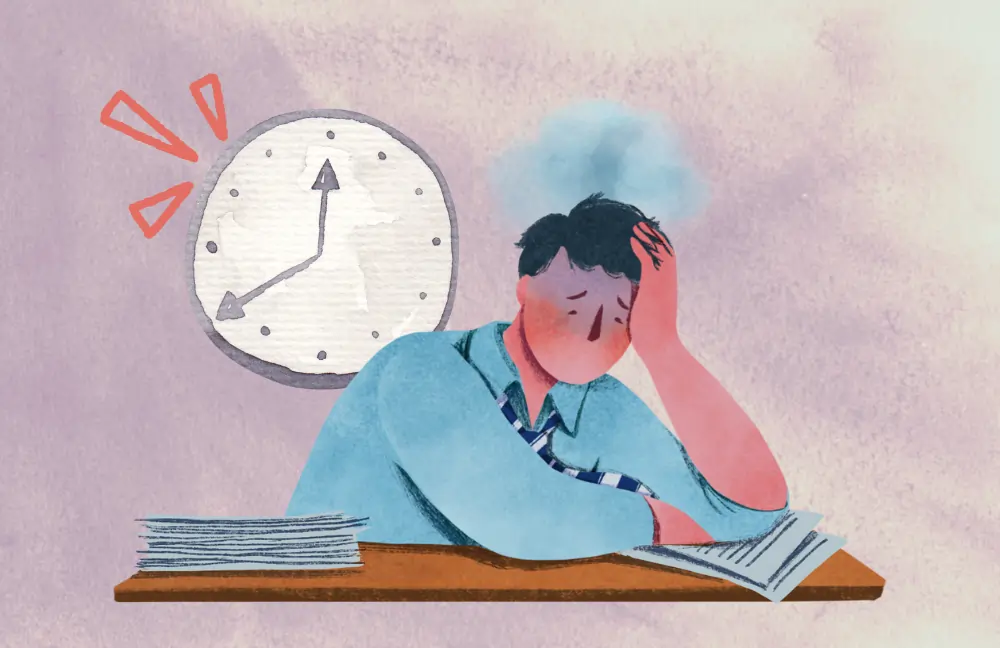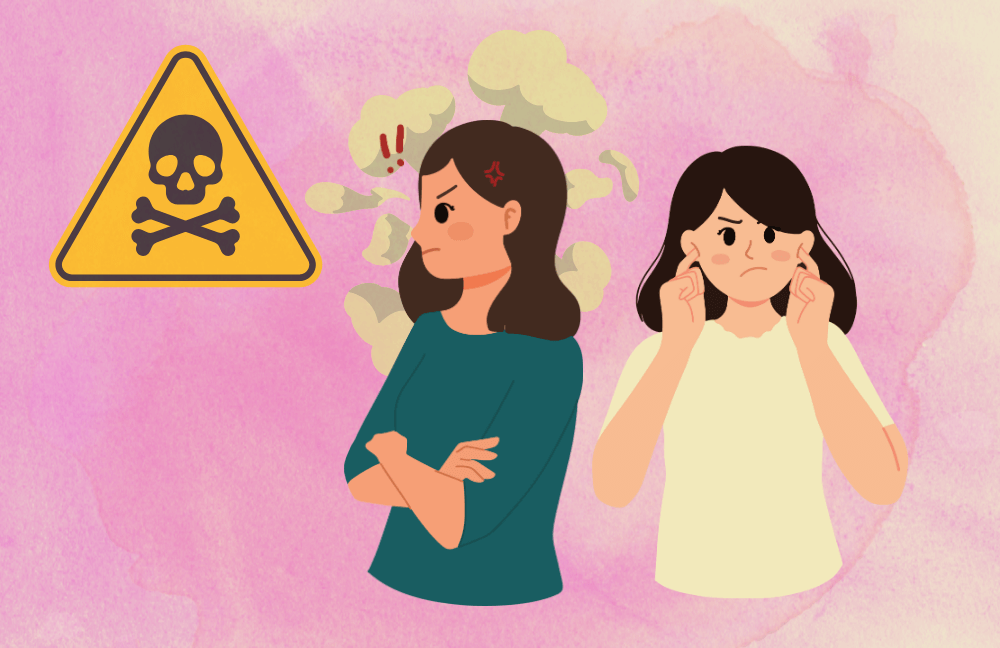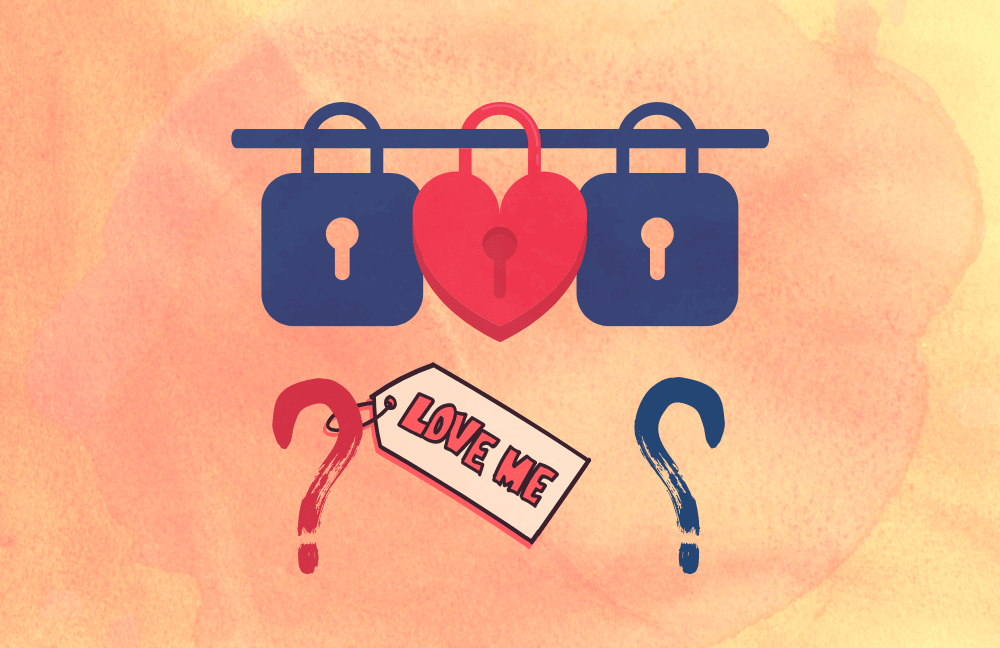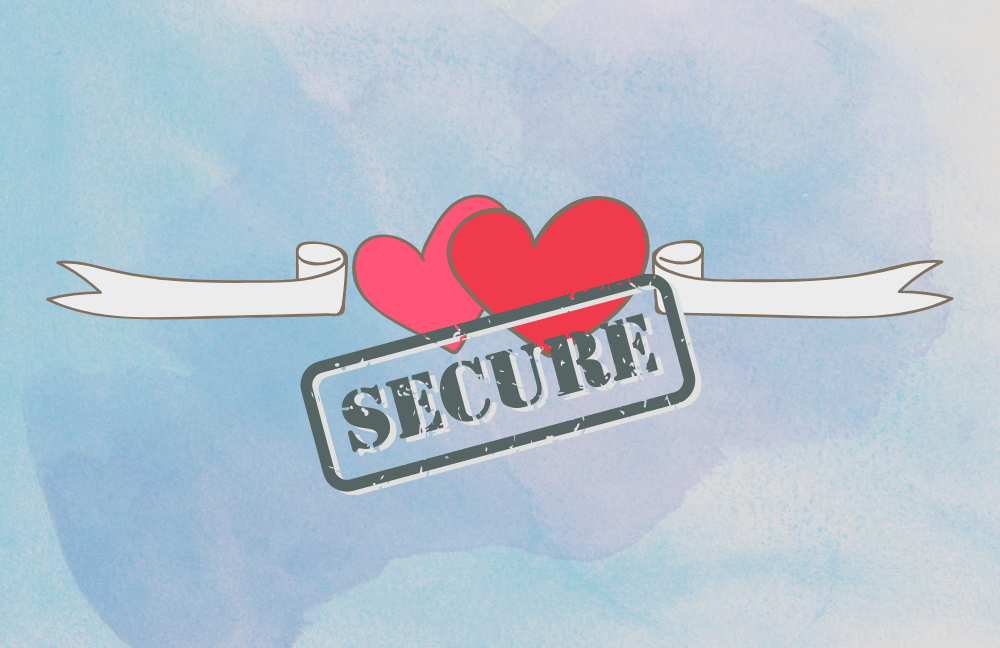
- Home
- About
- Book a Session
- Get Help
Personality
Relationships
Adult
Child
Schools
Corporates
- Do I need help?
- Trending
Insecure relationships suffer ceaselessly. Being insecure plagues your consciousness, consumes your sanity, and distracts you; leaving you baffled, perplexed and unhappy. You don’t know whether to stick in the relationship (or marriage) or not. Maybe you want to trust your partner, but you can’t. Your partner may have given you reason to doubt, or most likely not.
Truth is, you do not feel connected, cease to gain happiness in the relationship, and are unable to engage completely as a couple. You worry that your partner will not be there for you when you need him or her. And as a result, you get obsessive, fanatic, needy and over protective in the relationship.
You may not be fully aware, but you being insecure, is not always related with your partner or spouse’s behavior. Events from your near or distant past, constantly shape your present day thinking, to influence your relationship future for better or worse. It would be good if you knew why this happens, in order to do something about it. Have you made these observations in romantic interactions?
A secure relationship does not mean being attached to the hip. It’s a connection characterized by predictability, consistency and accessibility. Security means that you believe your partner or spouse will be there for you when you need him or her, and will want your best interest, as will you. This way you both will nourish each other and flourish together. When couples are involved with each other, give each other pleasure, and see purpose in togetherness they just feel so secure. Insecurity on the other hand afflicts the mind with the doubt that you will not have the attention, care or support of your partner or spouse, when you need it the most.
“Security in relationships is about being together through the ups and downs, and all the little moments in between.”
- Shefali Batra
Our relationship behaviors are illustrated by ‘internal working models’ or IWMs that are pre-defined in our childhood. They are automatic and instinctive reaction styles which we use in relationships with anybody, in particular our romantic partners. We don’t consciously modulate them.
These experience-based learning systems from long ago, predict our adult interpersonal interactions with extraordinary certainty. It’s not surprising that in romantic relationships, we each have a different style of loving, needing, or wanting our partner. According to this theory of attachment, our distinct IWMs explain that we are dissimilar, because we have internalized varying degrees of security (or insecurity) while we were very young.

Far back in 1967, researcher Mary Ainsworth documented that children flourish in trustworthy relationships. They are healthier, happier, smarter, and more believing; in comparison to kids who grew up in households with tumultuous interpersonal interactions. This trust is grounded in love, nurturance, security, responsiveness, acceptance and encouragement; and yet it promotes autonomy and independence in the child. It is challenging for every childhood relationship to match all of these demands. However, a single secure early relationship is also sufficient to assure faith in interpersonal connections in the future.
“Relationships fail when people take their own insecurities and project them as their partner’s flaws.”
- Steve Maraboli
When you’re hurt, you like to go someplace where you know you’ll be comforted, attended to and revived. That sounds like a hospital but no, if you had to think in context of emotions, where would you go, to feel safe? In childhood this shelter is one or both parents, or a caregiver (who is as good as a parent). A naturally irritable child, who doesn’t feed easily, cries aloud all night, throws repeated tantrums and appears unhappy; is likely to frustrate the parent.
If the temperament of the parent isn’t one of patience and tolerance, the child most likely gets reprimanded. Such a child feels rejected, unwanted, unloved and uncared for. This creates a negative IWM wherein this child grows up to be needy, distrustful, and hard to appease. Because this child believes that the world is an unreliable, untrustworthy and rejecting place.
Constructive positive words in the vocabulary change the internal narrative and bring about alterations in the brain circuitry. This makes difficult situations seem less threatening, and protects us from anxiety and depression in the long run.
- Shefali Batra
Romantic relationships are a give-and-take phenomenon; nobody functions solitarily. We have needs, and so do our partners. An innately relaxed temperament of one person clubbed with sensitive responsiveness from the partner (and vice versa) broadly determines and enhances faith. And allows for both to trust, believe and flourish together (and as individuals). A relationship wherein one partner is persistently discontented, frustrated, dissatisfied and unhappy is no different from the tantrum of childhood. Nobody is happy then, and this relationship cannot survive. At least not happily.
Appropriately managed tantrums (or conflict in adulthood), establish the base of trust. In time, plenty of such bases become the building blocks of security. The sheltered feeling is difficult to establish, if we’re missing the foundation stones laid in childhood. Insecure attachment is most apparent in romantic relationships because by nature itself they demand an exceptional degree of commitment and trust.
“When your partner becomes the center of your universe, your world may topple in case of any discrepancy. Never stop relying on your own self, or standing on your two feet.”
- Shefali Batra
Repeated and consistently positive acceptance from loved figures helps us believe that there will always be a shelter to shield us from the storm. Ironically, with trustworthy people around we stop seeking external support and become our own safety net. Because we internalize this reliance. Security becomes more of an idea than a tangible reality. We don’t need to be called on the phone five times a day, texted every hour or receive a gift every other month to feel wanted or loved by a partner. Such faith prevents apprehension, builds confidence, and clears any doubt in rough times. This makes the relationship strong. And secure.





WhatsApp us